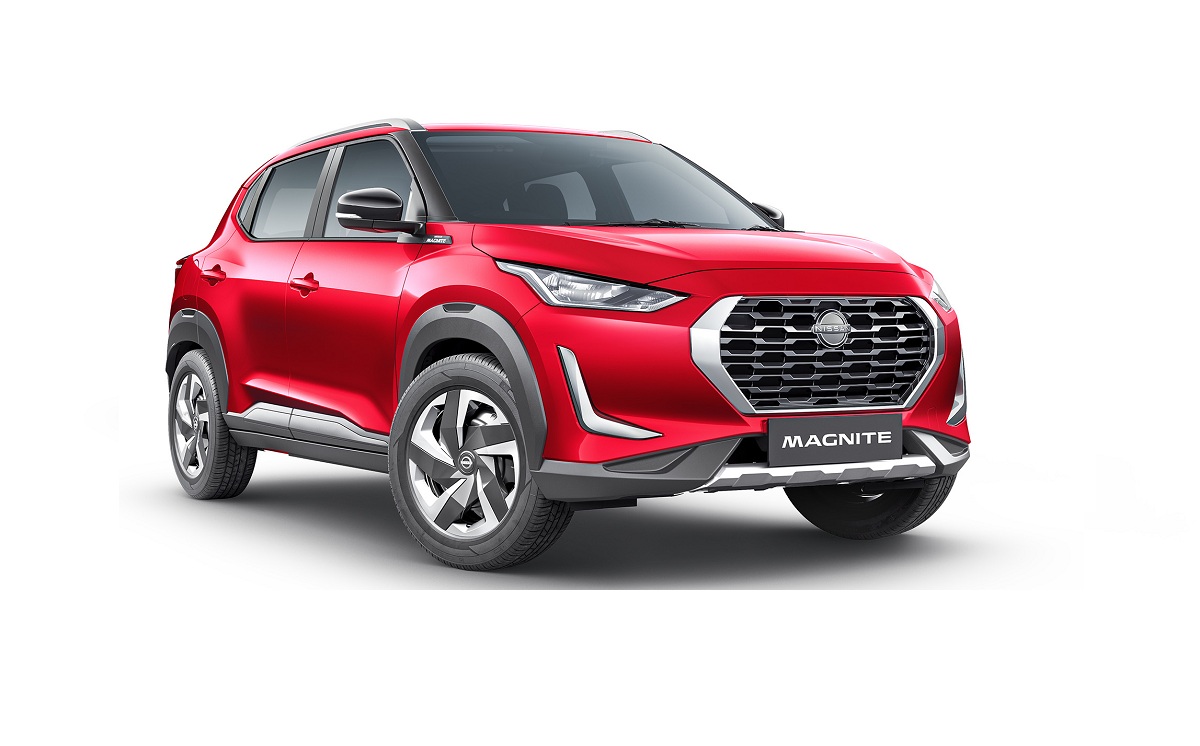The rising incidence of oesophageal cancer in Northeast India is fueling demand for advanced medical technologies and investment in specialized healthcare. According to a recent Indian Council of Medical Research (ICMR) report, tobacco consumption—48.2% among adults in the region compared to the national average of 29%—is a key driver behind this alarming trend.
Assam is at the epicenter of the crisis, with Dibrugarh reporting the highest proportion of cases at 15.7% (1 in 54 males), followed by Kamrup Urban at 14.3% (1 in 27 males) and Cachar at 11.6% (1 in 53 males). Due to the limited availability of high-end medical facilities, patients from the Northeast often seek treatment in other parts of the country.
Leading oncologists, including Dr. Surender Kumar Dabas and Dr. Bikram Kumar Deka, emphasize the need for investments in robotic-assisted surgery. Dr. Deka, Consultant – Surgical Oncology & Robotic Surgery at Max Hospitals, highlighted the gaps in medical infrastructure. “Key diagnostic tools like PET scans remain inaccessible in many areas, and robotic-assisted surgery is underutilized,” he noted.
Dr. Dabas, Vice Chairman & HOD – Surgical Oncology at Max Hospitals, advocates for adopting minimally invasive surgical techniques to enhance patient outcomes. “Traditional oesophageal surgeries carry high risks. Robotic-assisted procedures improve precision, reduce complications, and ensure faster recovery, allowing quicker access to follow-up treatments like chemotherapy and radiotherapy,” he explained.
Guwahati, as the region’s primary healthcare and business hub, is witnessing a shift in healthcare investments. Private hospitals are exploring partnerships to introduce advanced cancer treatment facilities, including robotic-assisted surgeries. With rising demand, stakeholders are pushing for strategic investments to curb medical outflow and enhance local healthcare infrastructure.




